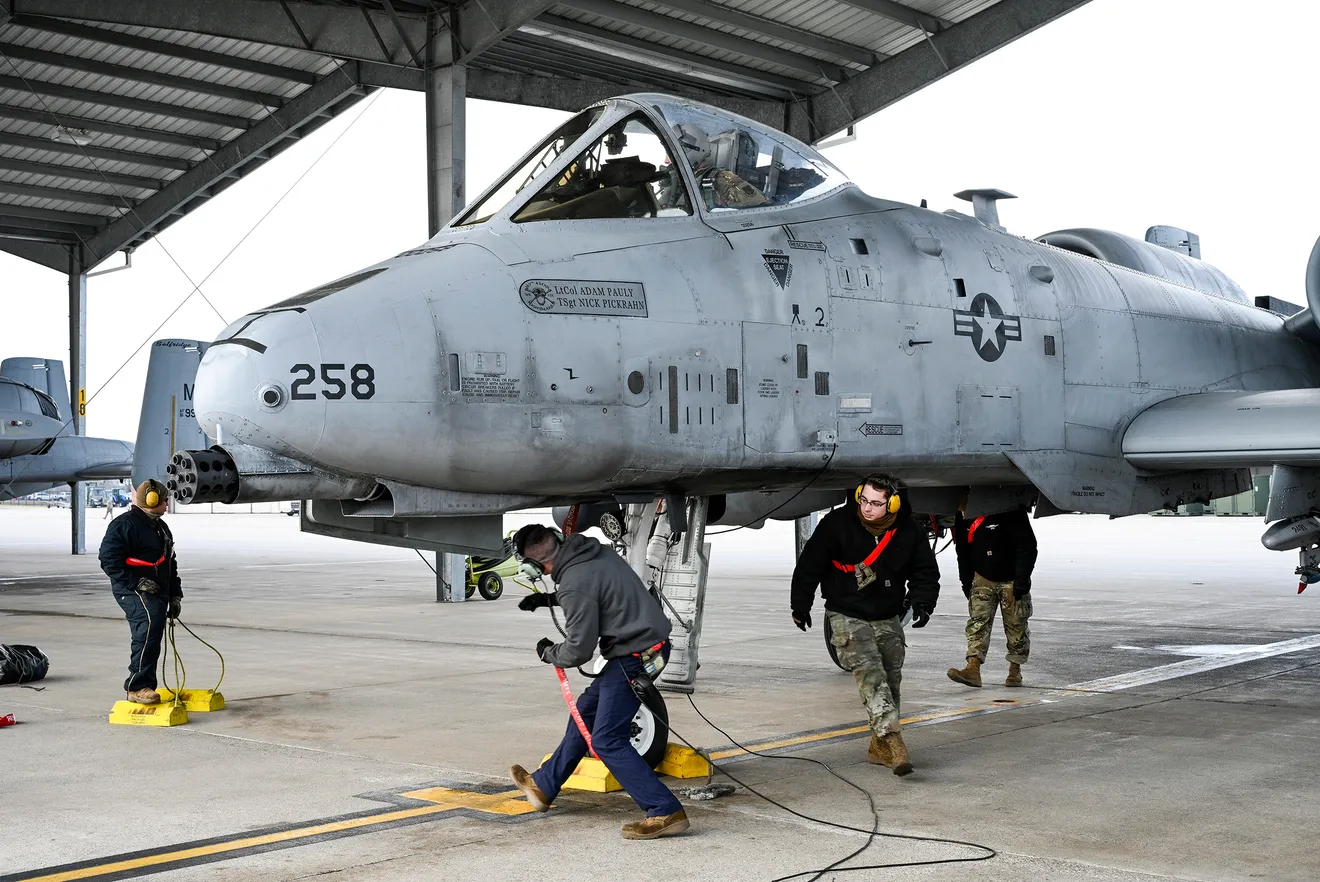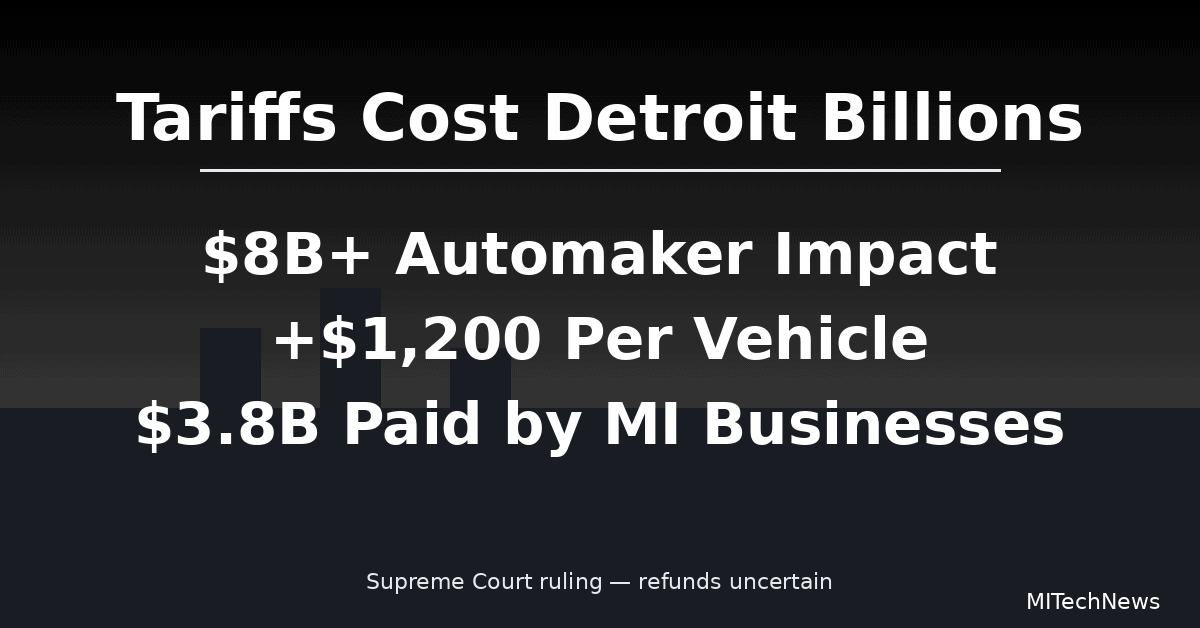WASHINGTON DC – US House passes defense bill mandating 18-26 year-old men register for military draft.
1. When Did US House Pass Bill To Register Young Men for the Draft?
The U.S. House of Representatives passed defense bill on Friday, June 14. This legislation would automatically register young men aged 18 to 26 for the selective service. The National Defense Authorization Act (NDAA) included this provision.
National Defense Authorization Act for Fiscal Year 2025:
The Republican-led House of Representatives passed defense bill H.R. 8070, titled, “Servicemember Quality of Life Improvement and National Defense Authorization Act for Fiscal Year 2025”
NDAA is the annual bill that outlines the U.S. government’s defense and national security priorities for the upcoming fiscal year. The bill, if signed into law, would reinstate the requirement for young men to register with the Selective Service System, which manages the country’s military draft system. Also, this year’s NDAA authorizes $895.2 billion in military spending, a $9 billion increase from fiscal 2024.
2. Legal Implications of Failing to Register for the Military Draft:
All male U.S. citizens are legally required to register with the Selective Service System. This Selective Service registration mandate has remained in effect, even though the draft itself has not been actively used in over 50 years.
The government considers failing to register with the Selective Service a federal felony offense. Consequently, this can result in serious legal consequences for young men, including the inability to obtain federal student loans, government jobs, and even citizenship for immigrant men.
3. Benefits of Automatic 18-26 Male Draft Registration:
Supporters of the automatic male draft registration amendment contend that it would help streamline the Selective Service enrollment process. Additionally, it would prevent unnecessary legal issues for U.S. citizens. They argue it would also reduce taxpayer money spent on prosecuting non-registration cases.
Representative Chrissy Houlahan, a Democrat from Pennsylvania, championed the amendment. It was included in the House Armed Services Committee’s version of the annual National Defense Authorization Act (NDAA) that passed in May. The NDAA measure then advanced through the committee with overwhelming bipartisan support, passing by a vote of 57 to 1.
“By using available federal databases, the [Selective Service] agency will be able to register all of the individuals required and thus help ensure that any future military draft is fair and equitable,” Houlahan stated during last month’s congressional debate, as reported by Defense News.
Houlahan also emphasized that the automatic registration provision would allow the Selective Service to redirect resources:
“This will also allow us to rededicate resources — basically that means money — towards reading readiness and towards mobilization … rather than towards education and advertising campaigns driven to register people.”
4. Key Provisions in NDAA: Military Pay Boost, New Subs, and Army Drone Force
In addition to the mandatory draft registration provision, the National Defense Authorization Act (NDAA) included several other significant military policy changes and funding initiatives. Most notably, the legislation authorized the largest military pay raise in U.S. history.
The NDAA calls for a 19.5% increase in compensation for junior enlisted service members. It also includes a 4.5% pay raise for other ranks within the armed forces. This marks the most substantial across-the-board military pay hike on record.
The defense spending bill also provided funding for the procurement of two new Virginia-class nuclear-powered attack submarines for the U.S. Navy. Additionally, the NDAA established the creation of a dedicated drone force within the U.S. Army to bolster the military’s unmanned aerial capabilities. These pay raises, equipment acquisitions, and force structure modifications were among the many provisions included in the massive annual defense policy legislation passed by Congress.
5. Senate Reaction Over 18-26 Male Draft Registration Provision:
The House of Representatives passed its version of the annual National Defense Authorization Act (NDAA) with a vote of 217 to 199. However, the legislation now faces an uncertain future in the Senate. Senate Majority Leader Chuck Schumer (D-NY) sharply criticized the House NDAA bill on Friday. He cited the inclusion of several controversial amendments. Specifically, Schumer took issue with provisions that would curb federal funding for abortion services, transgender medical care, and diversity initiatives within the military.
“Unsurprisingly, the legislation coming out of the House today is loaded with anti-LGBTQ, anti-choice, anti-environment, and other divisive amendments guaranteed not to pass the Senate,” Schumer said in a statement.
Additionslly, the top Senate Democrat warned that “as we move forward with this year’s NDAA process, both sides will have to work together to pass bipartisan legislation that honors and respects all who serve in defense of our nation.”
Schumer’s strong rebuke signals the uphill battle the House-passed NDAA could face in the Senate, as a result the bill will require bipartisan support to advance.
Final Thoughts On the Selective Service Registration Bill:
The US House passed defence bill automatically registering men 18-26 for the draft, aiming to streamline the process and save taxpayer dollars. However, the Senate is unlikely to consider it due to unrelated amendments on social issues. Consequently, this highlights the challenge of balancing military priorities with broader political agendas.
Visit mitechnews.com for more news updates and technology trends.
FAQs:
1. What is the National Defense Authorization Act (NDAA)?
The NDAA is a crucial piece of legislation that sets the annual budget and priorities for the U.S. Department of Defense. It covers a wide range of issues, including troop levels, military spending, and equipment procurement.
2. What is the purpose of automatic draft registration?
Proponents argue it streamlines the process, ensures a more complete draft pool, and saves money on outreach efforts.







